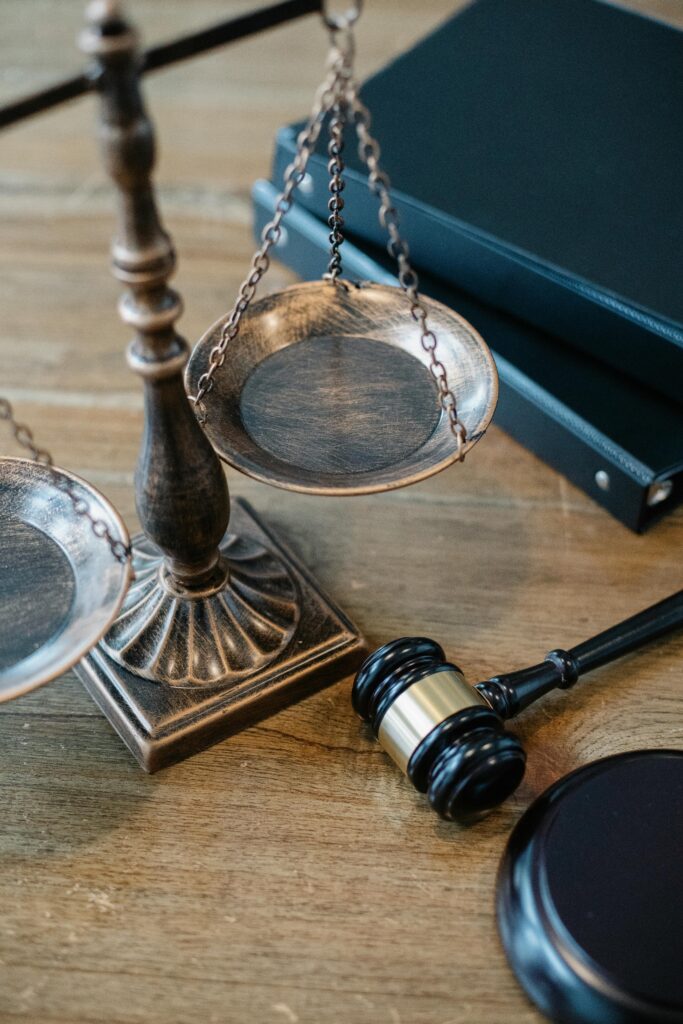As Donald Trump nears his return to the White House, his legal battles with the media are intensifying. The president-elect has filed multiple lawsuits against major news outlets, demanding billions of dollars in damages. These actions, part of Trump’s ongoing feud with the press, have raised significant concerns about the future of journalism in the United States.
Trump Expands Legal Actions Against the Media
In the weeks leading up to the 2024 presidential election, Trump’s legal team increased its efforts against media organizations. His attorney, Edward Andrew Paltzik, sent a $10 billion defamation claim to the New York Times and Penguin Random House. The lawsuit accuses the Times of publishing misleading content about Trump’s personal life and business dealings, particularly in relation to the book Lucky Loser: How Donald Trump Squandered His Father’s Fortune and Created the Illusion of Success.
Trump’s legal team argues that the New York Times has acted as a “mouthpiece” for the Democratic Party. They claim that the newspaper engaged in “industrial-scale libel” aimed at damaging Trump’s reputation.
Targeting Multiple Media Outlets
The New York Times is not the only target of Trump’s legal actions. He has also filed lawsuits against Daily Beast, CBS News, and the Washington Post.
For instance, Trump’s campaign filed a complaint against Daily Beast for allegedly misrepresenting the fundraising efforts of Chris LaCivita, Trump’s co-chief of staff. Additionally, Trump launched a $10 billion lawsuit against CBS News, accusing its 60 Minutes program of election interference. CBS has rejected these claims, describing the lawsuit as “without merit.”
Concerns About Press Freedom
Media watchdog organizations, including the Committee to Protect Journalists (CPJ) and Reporters Without Borders, have criticized Trump’s legal actions. They warn that these lawsuits could threaten press freedom in the U.S.
The CPJ has stated that Trump’s attacks on the media represent “a clear and direct danger” to independent journalism. Reporters Without Borders added that such lawsuits could discourage reporters from investigating or criticizing those in power.
Implications for Journalism
If Trump’s legal campaign succeeds, it could have lasting effects on journalism in America. News outlets, facing constant legal threats, may become more cautious in their reporting. This could result in less critical coverage of government actions and reduced accountability for those in power.
Over time, these legal pressures could reshape the media landscape. Journalists might avoid pursuing stories that challenge the administration, undermining the media’s role as a watchdog in a democracy.
What’s Next for Press Freedom?
Trump’s legal battles with the media could redefine the boundaries of press freedom in the U.S. If these lawsuits continue, they may create a chilling effect that discourages robust journalism. The stakes are high for both journalists and the democratic principles they uphold.
How do you view Trump’s actions against the media? What do you think this means for the future of journalism? Share your thoughts in the comments below and join the discussion.


